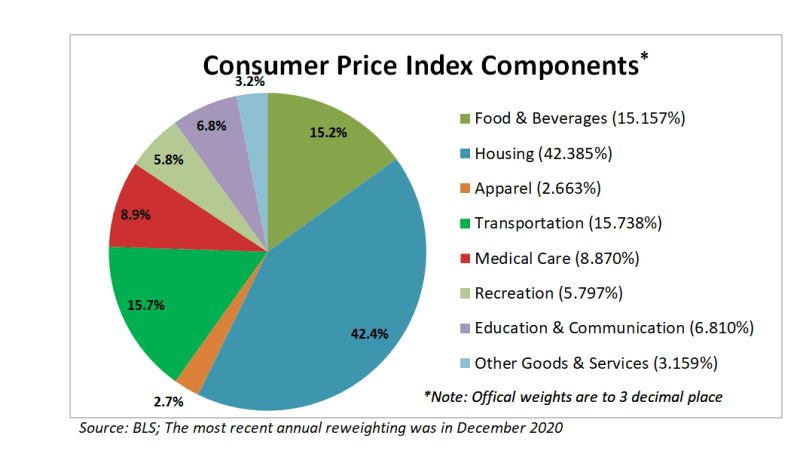The whole problem with retirement savings is not knowing how long you're going to be around! Ideally, my wife and I would like the last cheque we ever write to bounce due to insufficient funds, but neither of us wants to jump out the exit door from this life any sooner than circumstances demand...So sure, you tend to err on the side of caution, i.e. thinking you need more money than you actually need. That's just betting on a long life and having a little more "fun money". If you like your work, it's a good bargain. If you don't...well, no amount of money in retirement is worth putting up with 40+ hrs of hell every week.
My dad lived to 100 yrs and 1 month old...he always said that his biggest financial error was living past 70 yrs old, when in Canada you must convert your registered retirement savings plan (RRSP) savings into a registered retirement income fund (an annuity) or take a big tax hit on it.
In the old days, we had a mandatory retirement age here in Canada. That made it clearer when someone had to leave, and the company could be rid of them without paying a severance. It also eliminated the temptation for companies to turf people in their 50s unless things really were going poorly. But in our stupidity, we eliminated that provision, quietly and without any significant debate about the implications of that decision. Now there is no certainty for anybody. For individuals with a long service history with a firm, it's great- they can stay on until the company gets fed up with them and fires them with a big severance, or comes forward with a negotiated settlement to encourage them to retire. Getting rid of someone for "cause", on the basis of reduced performance due to age, i.e. without paying much of a severance, is hard to accomplish.
I once saw that as a big disadvantage for our firm. I'm now seeing it as a huge advantage for me personally!
(


